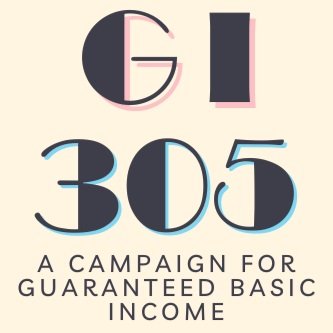Understanding the Difference Between Universal Basic Income and Guaranteed Income
In the cash transfer world, Universal Basic Income (UBI) and Guaranteed Income (GI) are often used interchangeably, but they represent different approaches to income support. While both are unconditional, recurring cash transfers with no restrictions on spending, their intentions and implications diverge significantly.
Universal Basic Income aims to provide every individual with a baseline income, regardless of their financial situation or status. This broad approach intends to create a safety net for all, including wealthy individuals, raising questions about its overall effectiveness and sustainability. Critics argue that it could perpetuate wealth inequality, as it offers the same support to those who may not need it. Proponents suggest that a progressive tax system could balance this disparity, yet the question remains: is universality a myth?
On the other hand, Guaranteed Income is a targeted initiative designed to address the specific needs of marginalized groups. For instance, GI 305 focuses on individuals experiencing displacement in Miami-Dade County, acknowledging that for some communities, a guaranteed income is not just a handout—it's an acknowledgment of what is owed to them. The concept of guaranteed income operates on the premise that many individuals already possess their own safety net while others do not, highlighting systemic inequities that demand rectification.
This targeted approach goes beyond merely providing cash; it seeks to rectify historical harms inflicted on specific people. While UBI offers a broad safety net, GI zeroes in on those who need it most, fostering true economic security.
